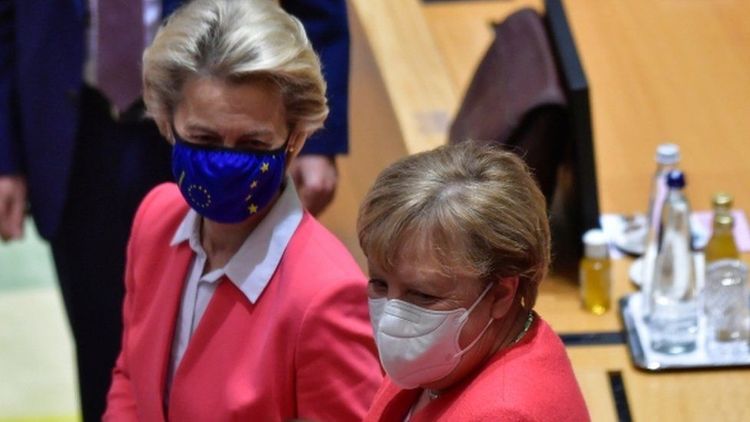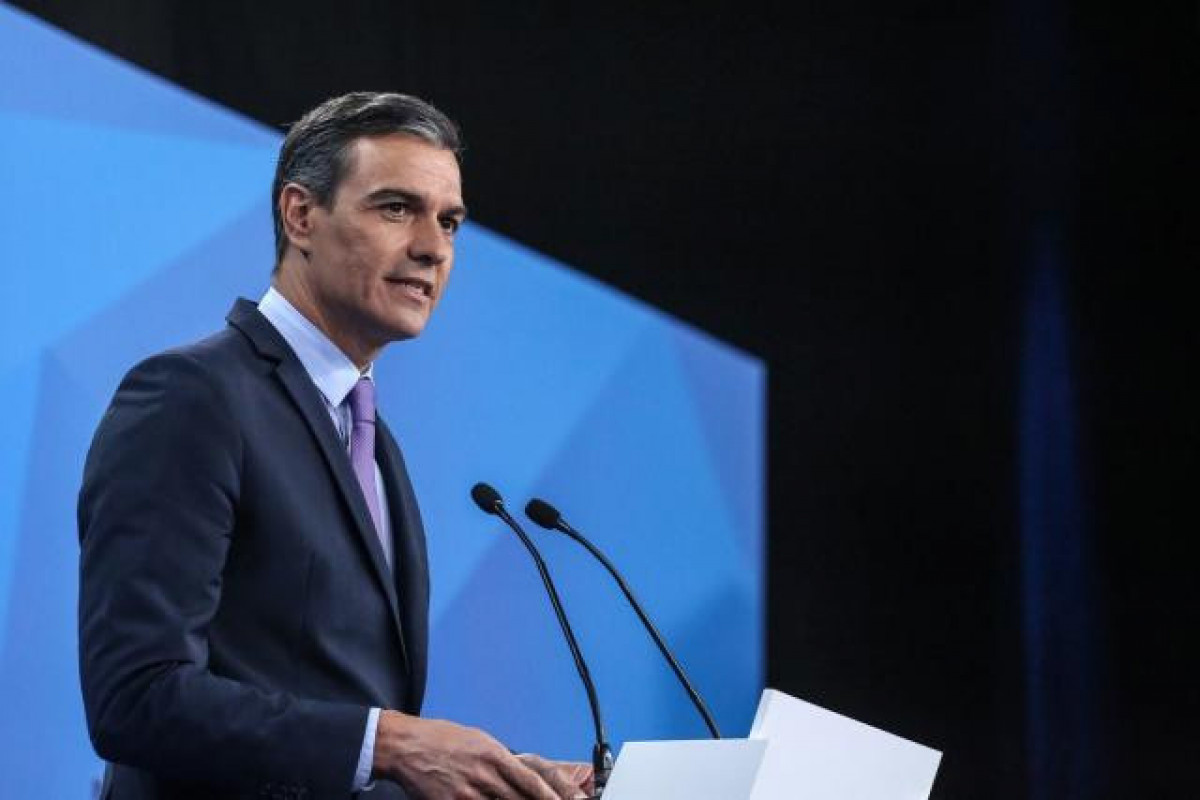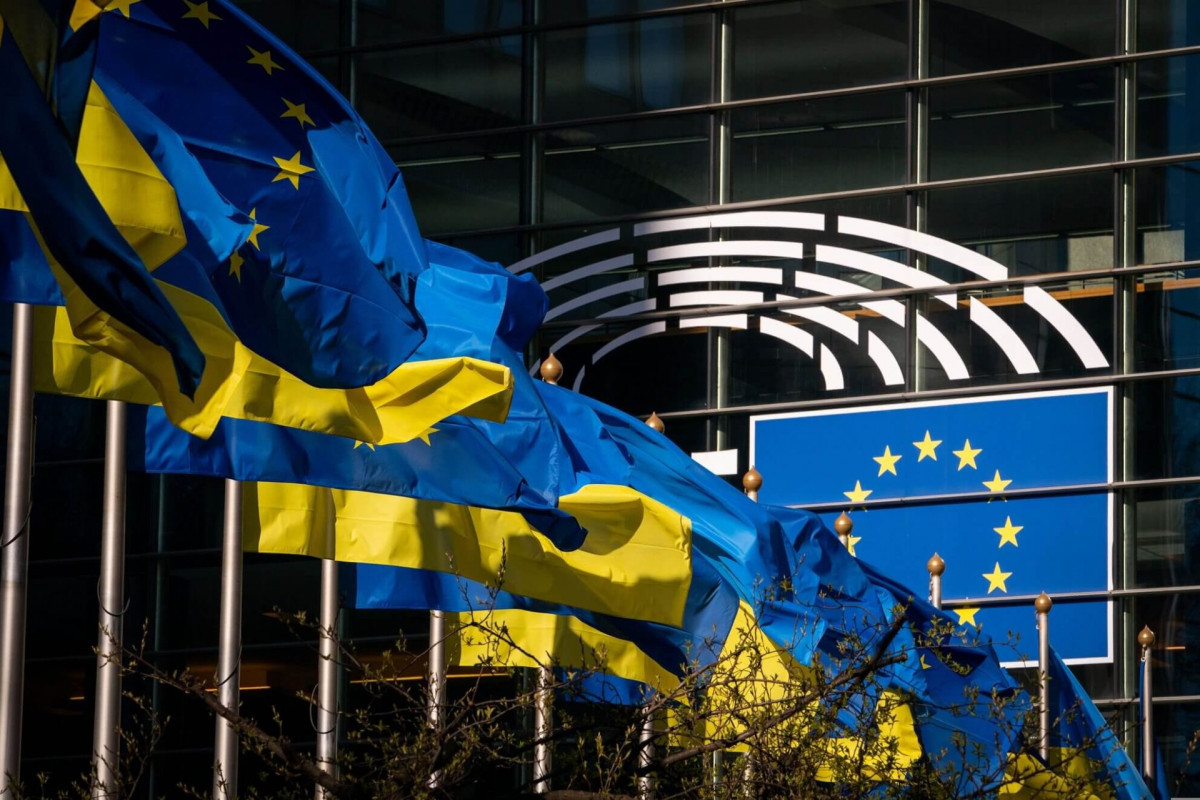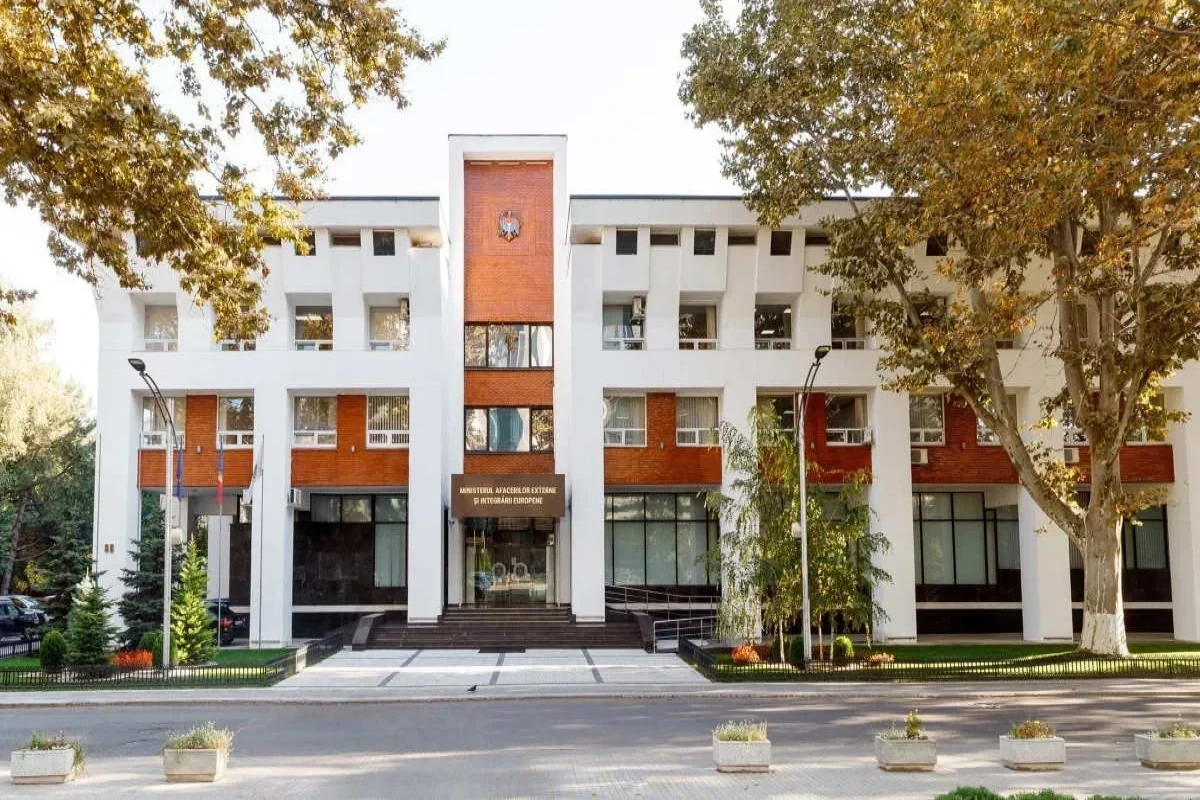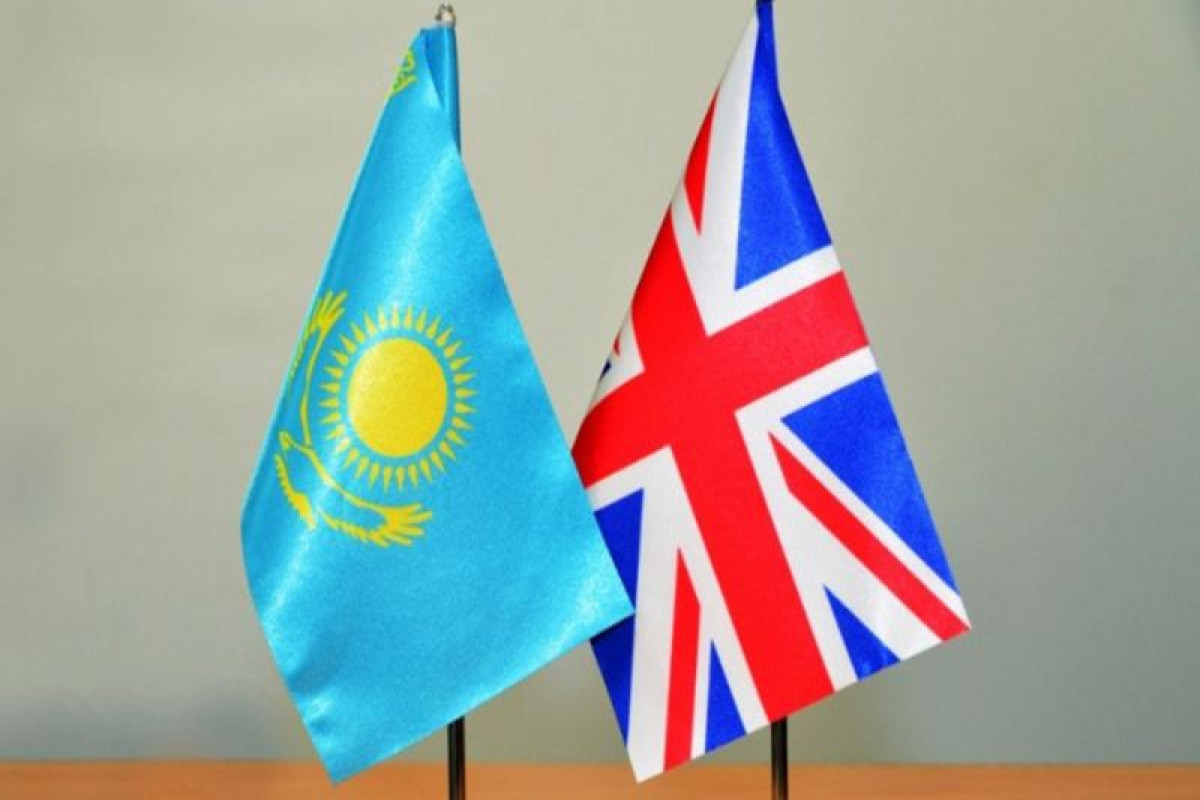Boris Johnson's declaration that he would go to Paris, travel to Berlin, "do whatever it takes to reach a deal" was quietly rebuffed again by the EU on Friday, APA reports citing BBC.
Normally after big summits like the one we've just had in Brussels, leaders make media statements about their most pressing discussions.
Climate change, Covid, relations with Turkey... they all featured prominently at the summit. Brexit was hardly mentioned.
There's no denying that the prospect of the pain of no deal at all with the UK certainly weighs on EU minds.
A German think tank has estimated that up to 700,000 European jobs could be at risk.
But Europe's leaders are keen to clarify they won't personally intervene in the current impasse in trade talks. There'll be no last-minute handshake or "a-ha" moment in Paris, Warsaw or Berlin.
Behind the scenes, of course, leaders are involved in discussions with their negotiators, but they don't want to be face-to-face, or ear-to-ear with Boris Johnson in public.
EU countries are joined together in their single market.
So, no individual EU leader - not even the most powerful ones, in France and Germany - can be perceived to be making the political compromises that could clinch the UK deal. Concessions will impact the whole single market - and therefore all member states, as a collective.
Just this week, an Élysée Palace spokesman described as "not desirable" the idea of a visit or bilateral call between the prime minister and Emmanuel Macron in these last negotiating days. And the French president underlined again on Friday that EU countries were united behind the European Commission negotiating with the UK on their behalf.
Something Downing Street then said it accepted.
So can a deal be reached between the EU and UK by Sunday, despite the pervading mood of gloom plus a sense - in public at least - that both sides are digging in their heels?
It's difficult but possible.
One of the main obstacles to a deal, according to the UK government, is that the EU refuses to accept the UK's post-Brexit national sovereignty.
"How can the EU demand that we tie ourselves to a new rule book to get good access to the single market?" ministers ask. After all, wasn't Brexit all about breaking free from Brussels' regulations?
But on Friday the European Commission president - who had a working dinner with the prime minister just this week - hit back at the EU-is-in-denial-about-UK-sovereignty claim.
Yes, said Mrs von der Leyen, the EU was insisting on what it views as rules on "fair competition" in exchange for agreeing the UK could have preferential access to the single market - i.e. tariff and quota-free. But she pointedly added that the UK would remain free - "sovereign, if you wish" were the words she used - to decide what it wanted to do.
"We [the EU] would simply adapt the conditions for access to our market accordingly. It would be the decision of the UK and this would apply vice versa."
This refers to something often discussed in my blog over the past weeks.
We know, oh so well by now, the three main sticking points still in talks: EU fishing rights in UK waters; competition regulations for the UK to have that good access to the single market; and the governance of the deal - how to ensure both sides keep to the agreement or face punitive measures.


